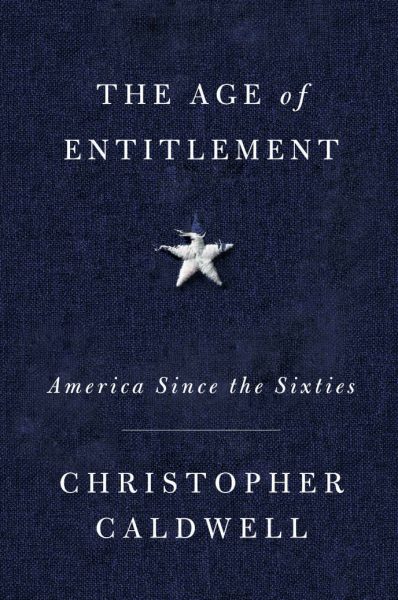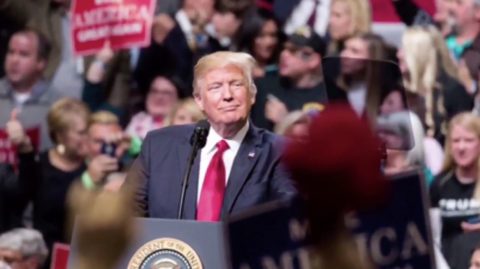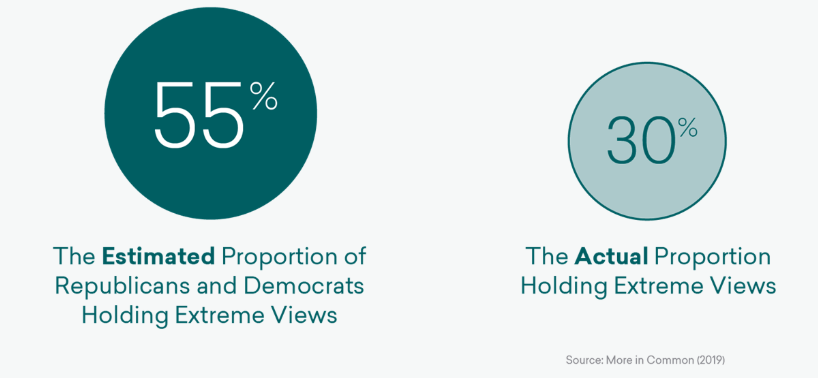Along with a mandatory worry piece on Trump and some positive news on the British economy under Boris Johnson, Andrew Sullivan noted the dog that didn’t bark about either Republican or Democratic pioneers:
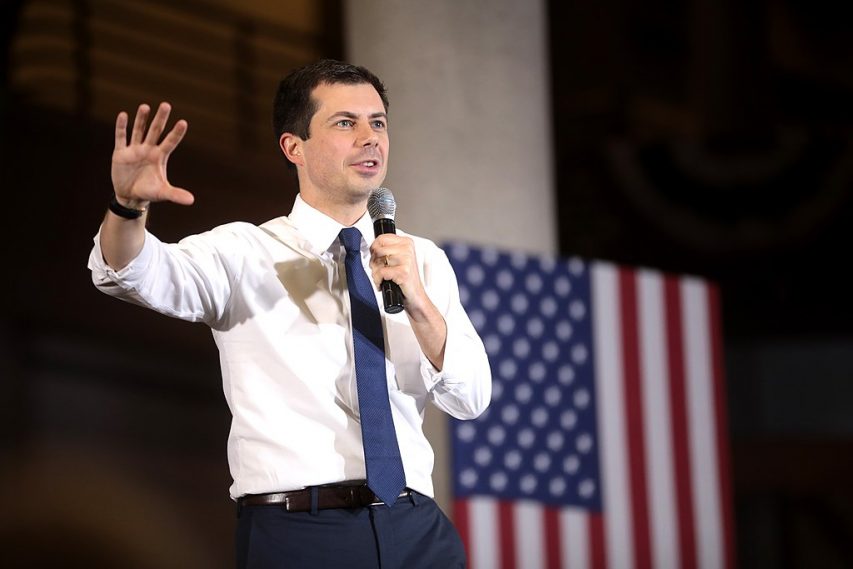
Mayor Pete Buttigieg speaking with supporters at a town hall at the State Historical Museum in Des Moines, Iowa, 12 January 2020.
Photo by Gage Skidmore via Wikimedia Commons.
Every now and again, I take a moment to take stock of how deep gay integration has gotten in my adult lifetime. This past week, our politics featured two relatively young men, on both sides of the political divide, whose sexual orientation is both clear and irrelevant. Pete Buttigieg has been at the top of the field in Iowa and New Hampshire, one of seven remaining candidates, and in the circular flamethrower squad of Wednesday’s debate, he once again held his own. More than that: He was relentless in his attacks on Amy Klobuchar and more than a little blunt about Bernie Sanders’s plans to take private health insurance away from everyone (something that doesn’t even happen in socialized health care in Britain). There was not the slightest whiff of defensiveness about him.
His moderate politics (on most subjects) is filtered through a seemingly brutal, calculating Rhodes Scholar–style ambition. And why can’t gays as well as straights harbor that? It’s fantastic also that he is a man of Christian faith — like countless other gays and lesbians in America. Who would have imagined that the pioneering gay figure of 2020 would be a married Christian who got a standing ovation in a Fox News town hall? But that’s old news now.
It’s also fantastic that, for the most part, his sexual orientation is ignored. Yes, the queer left hates him — but they hate a lot of gay success in public life if it doesn’t exactly fit their ideological niche. And Rush Limbaugh indeed took a slightly homophobic dig the other day. But I doubt Trump would openly use Pete’s orientation as a way to demean him. And that’s not just because Trump is not personally homophobic but because he knows it would look ugly, and be counterproductive. That’s how far we’ve come.
Richard Grenell has not subjected himself to getting elected anywhere, but, like Buttigieg, he’s a classic careerist D.C. meritocrat (and why the fuck not?). From the heartland, he got a degree from Harvard’s Kennedy School and then attached himself to Republican pols — notably George Pataki and George W. Bush, who made him communications director for the U.S. seat at the U.N., a post he held for seven years. Launching his own communications shop, Grenell subsequently worked Fox News gigs even as he was a signatory to an amicus brief in defense of the right of gay couples to marry. By all accounts he has been a disaster as ambassador to Germany, trolling the E.U. and German elites, although I doubt Trump sees his regular Twitter provocations as a liability.
But check out a simple video of Grenell being sworn in for the Germany job. Mike Pence, of all people, officiates as Grenell’s longtime partner, Matt Lashey, holds the family Bible. This week his appointment as acting director of National Intelligence was widely panned — and is not expected to last long. But he nonetheless became the first-ever openly gay member of the Cabinet in U.S. history. You missed that? All the better. But for some of us, it’s a quiet landmark tarred only by the fact that most gay groups won’t even acknowledge it. The Human Rights Campaign’s Twitter feed has made no mention at all — even as they are rightly touting the first lesbian mother in Congress. Why is the first openly gay Cabinet member a nonevent? Because he’s a conservative. And to the activist left and too many of the Establishment liberals in the gay movement, that means he’s not really gay.
My politics tilt more toward Buttigieg than Grenell — but a moment like this should not be filtered entirely through ideology. History matters too. When I was a very lonely openly gay figure in Washington in the 1980s and 1990s, the idea that I would live to see an openly gay and successful presidential candidate and an openly gay Cabinet member at the same time would have been preposterous. And now it’s virtually normal. I’ll take that.
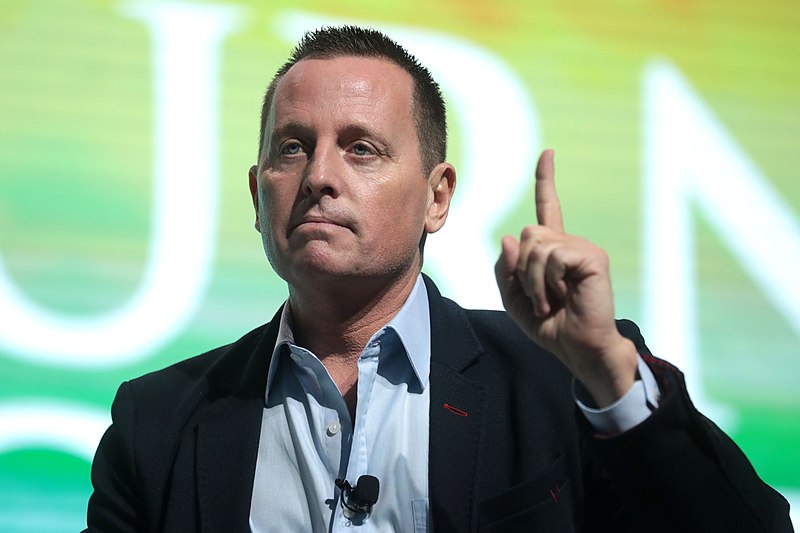
U.S. Ambassador to Germany Richard Grenell speaking with attendees at the 2019 Student Action Summit hosted by Turning Point USA in West Palm Beach, Florida on 20 December 2019.
Photo by Gage Skidmore via Wikimedia Commons.
Update: Inconvenient typo in the headline fixed.



